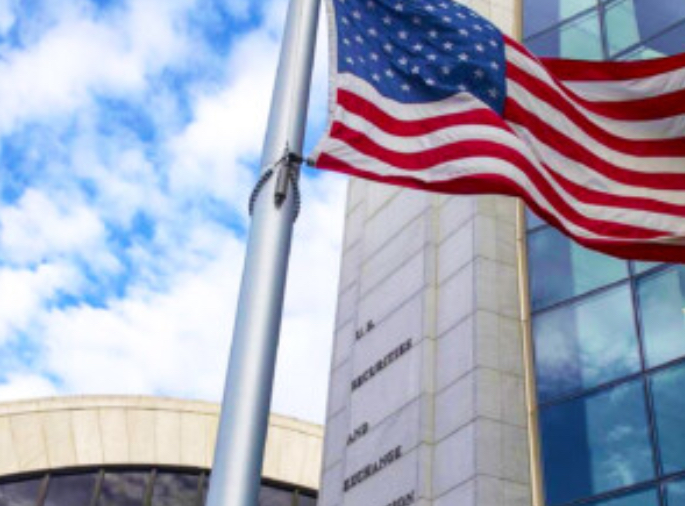The SEC claims Flyfish Club sold 1,600 NFTs as securities, raising $14.8M without registration, tied to a future Manhattan restaurant.
The U.S. Securities and Exchange Commission (SEC) has fined Flyfish Club, a restaurant project, with a hefty $750,000 settlement for allegedly selling unregistered crypto asset securities.
According to a cease and desist order issued on September 16, Flyfish Club sold 1,600 NFTs to U.S. investors, making $14.8 million. The SEC claims these NFTs, which were meant to provide access to a yet-to-be-built Manhattan restaurant, were essentially securities and thus needed to be registered.
However, SEC Commissioners Hester Peirce and Mark Uyeda have voiced strong criticism against this move. They argue that Flyfish Club’s NFTs were merely a novel way to sell restaurant memberships and shouldn’t fall under securities laws.
In a dissenting letter, Peirce and Uyeda expressed concern that this enforcement action stifles innovation. They believe that creators should have more freedom to experiment with NFTs without worrying about complex legal interpretations. They called for the SEC to offer clearer guidelines, so NFT creators can innovate without fear of regulatory backlash.
Flyfish Club, led by entrepreneur Gary Vaynerchuk, who gained fame during the 2021 NFT boom, will destroy all remaining NFTs and will not accept future royalties from NFT sales as part of the settlement. The restaurant is scheduled to open this month.
This enforcement action is part of a broader crackdown by the SEC on NFT projects, including recent charges against Impact Theory and Stoner Cats 2, and a Wells Notice issued to OpenSea, one of the largest NFT marketplaces.
The SEC’s approach has raised questions about the balance between regulation and innovation in the rapidly evolving world of NFTs.

